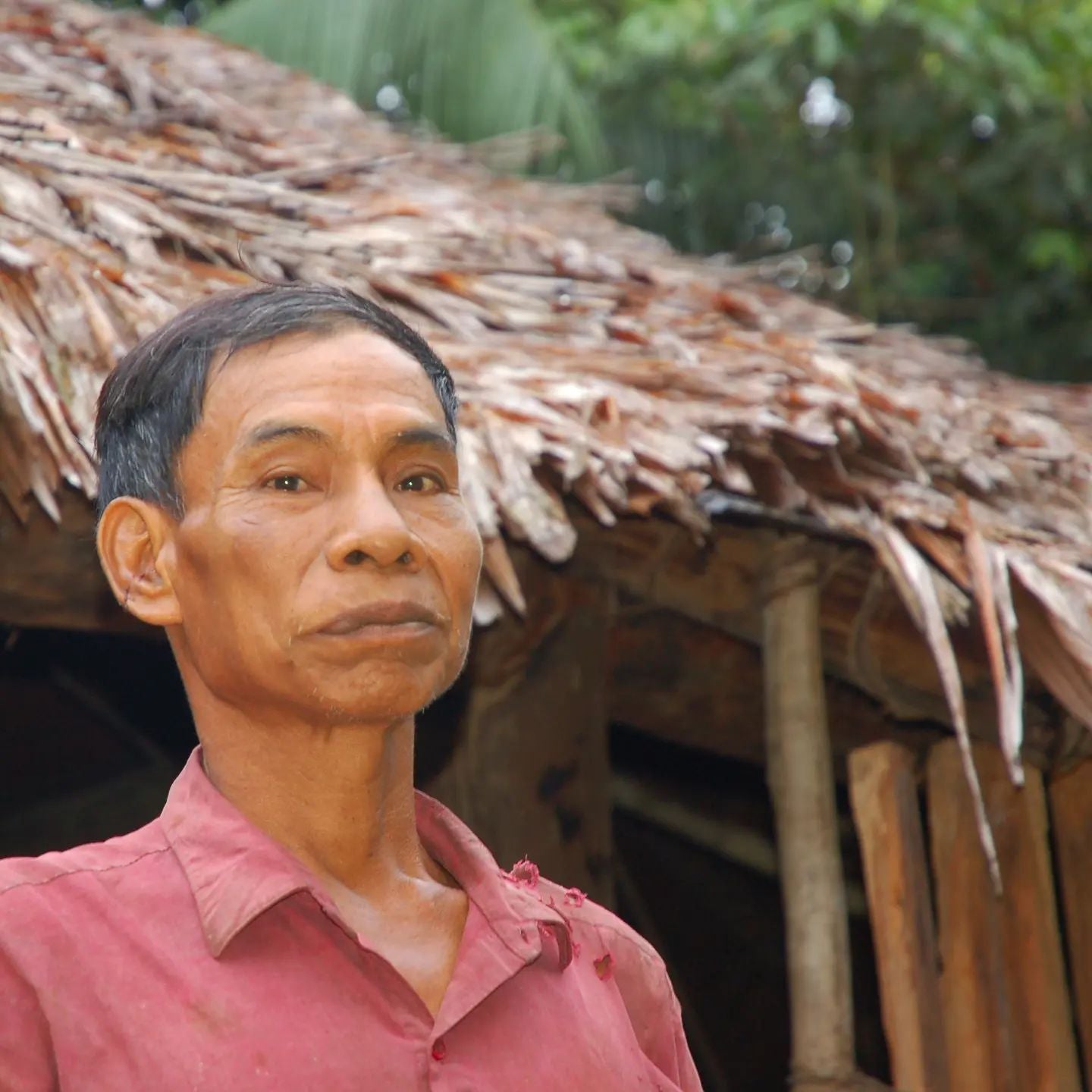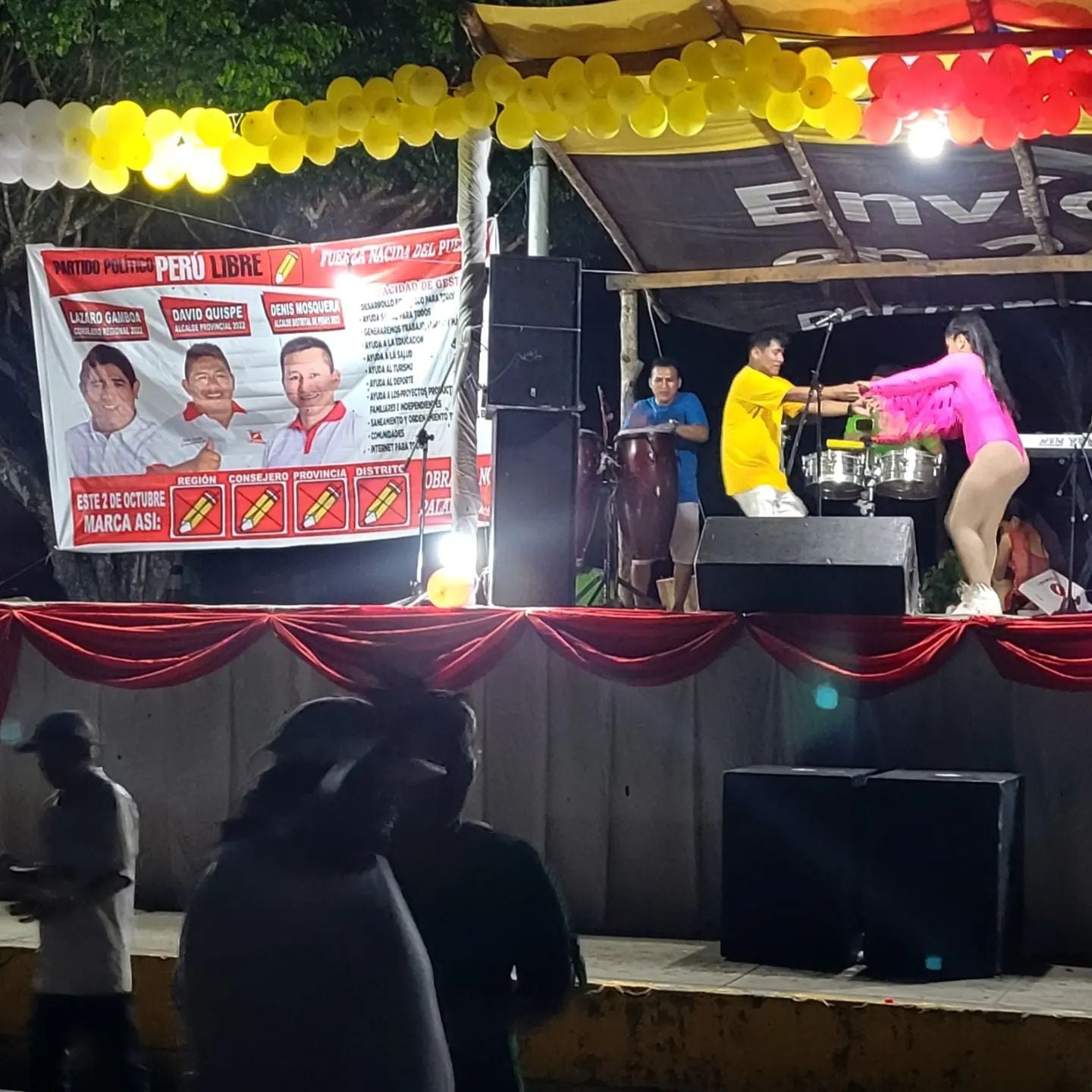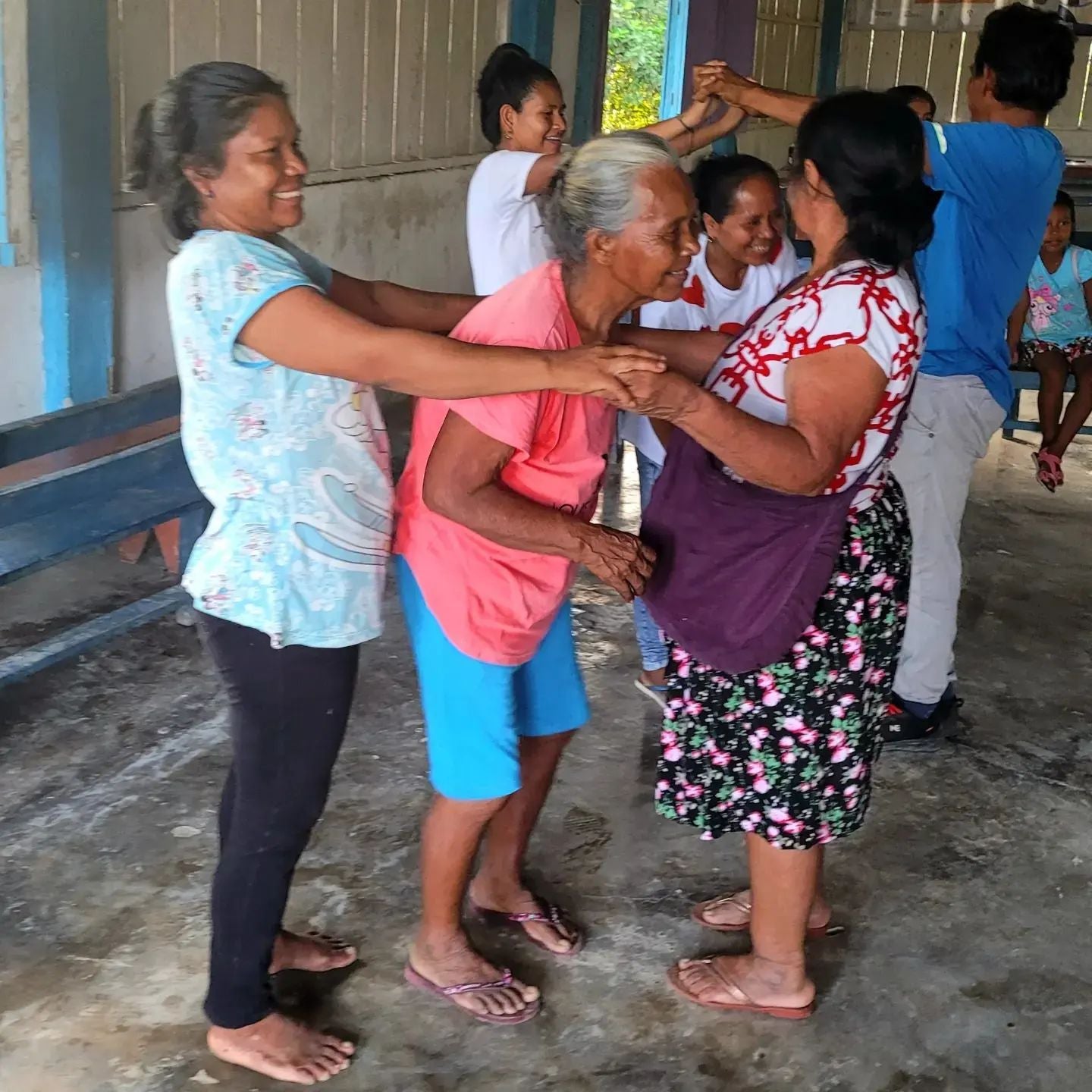By Campbell Plowden
September 25, 2022
On Saturday morning, Yully came to my room to tell me that Manuel Mibeco - the curaca of Brillo Nuevo had passed away in the hospital in Pebas the previous night.

This was very sad news for me because Manuel had welcomed me to his maloca in the Bora village of Brillo Nuevo since my first visit there in 2008. In older times, the curaca (also called "apu" by some groups) of a native village was a community's leader in many ways. He organized practical matters like cooperative work tasks, resolved conflicts, taught young people the stories about their people, how to behave and how each special festival should be held.
As modern customs replaced older traditions, the status of the curaca radically changed. Evangelical churches sometimes branded curaca teachings as demonic. Community governance shifted to leaders elected to fill posts of president, secretary, and treasurer, etc. It was not uncommon for curacas to turn to alcohol to relieve the stress of their diminished role.
Community members were less inclined to maintain the thatch roof of the large malocas which had once been the heart of cultural life. To make ends meet, some curacas sold off their large manguare drums that used to be used to communicate with people many miles away. Some communities lost their last curaca because no son was wanted or willing to replace them.
Manuel persevered through many of these challenges. He was generous sharing his knowledge with anyone willing to patiently listen. I watched him prepare the coca powder with ash and then listen to him explain the origins of festivals as green puffs came out from the side of his mouth. I feel so lucky I got to see him lead chants and dances at the chicha de pijuayo festival last March.

After packing, talking to Yuri and a quick breakfast, I took a motorcar to the house where Don Manuel was lying on a table in a house in the Yagua village of San José de Piri. The only part of his body not covered with a sheet was part of his face that looked like a wax figure. While these were Manuel’s physical remains, his spirit had clearly left. I shared my condolences with his family, and Yully discreetly made a donation to commission a carpenter to make him a simple coffin.
Manuel was originally going to be buried in the village, but the family welcomed hearing that Pebas was donating a plot in the town cemetery to honor this community leader. When a “furgonetta” arrived, I helped transfer Manuel’s white coffin to this cargo carrying motorcycle. Some young men hopped on the back while the rest of us walked to the cemetery.

When we arrived, the coffin was already next to a hole and large mound of earth. People dressed in everyday clothes were gathered around three sides of the gravesite on a slope. I didn’t know what to expect, but I was preparing to discreetly photograph the scene to share with others who couldn’t be there when one of Manuel’s daughters who I didn’t know asked me to give the oration – a short talk to pay tribute to her father.
I was surprised because while I had known him for some years, there were many family members and others who knew him even better. I asked Yully to come over and make sure I was hearing the request correctly, and she confirmed that I would be the only person to make such remarks.

I had never felt so nervous about my less-than-perfect Spanish, but having written something about Manuel the previous day gave me a starting point. For the rest, I tried to imagine that I had stood up to give a message in my Friends Meeting with faith that whatever I said would feel genuine and appropriate.
When I felt done, I ended with a Quaker type request for silence and asked everyone to remember Manuel in their own way. There was silence for a while then one after another, Manuel’s wife and daughters began to cry – quietly at first then more loudly as they draped themselves over his coffin.
As the grieving of Manuel’s family intensified, I became unsure about what if anything I should say. I then saw Manuel’s nephew Rolando on the other side of the grave motioning that he was prepared to speak. I very gratefully said that I was now passing the word to him.

We all waited for a while longer, but when it felt like it was time to move ahead with the inevitable, the attendants moved the coffin into the hole. Several family members firmly grasped one daughter making desperate attempts to hold onto the coffin. Once this was done, the attendants shoveled earth into the hole, and others nearby including me tossed in some clumps as well.
I retreated to the side to share condolences with Arnaud sitting by himself. He is a French man living near Iquitos who I had met at the Chicha de Piyuayo festival in March. He had become very close to Manuel sharing ceremonies with him in healthy times and bringing him natural medicines near his end. While the cancer ultimately ended Manuel’s physical existence after 69 years, we agreed his spirit and teachings would continue to inspire others.
It’s fair to say, however, that Manuel’s tenure as curaca was controversial. Some called him a “brujo” (male witch), and he was harshly judged for drinking too much. It will be a challenge for the son who follows him to reinvigorate waning aspects of Bora traditions.
By the time the grave was almost completely filled, the group had settled into mutual consolation in near silence. It was time for Yully, Doilith, Marianela, and me to depart. I had never witnessed a funeral with such raw emotion, but I didn’t mind it. It was a striking and welcome contrast to final farewells in western society where ceremonies are highly scripted and mourners are expected to “be strong” and shed few if any tears.




